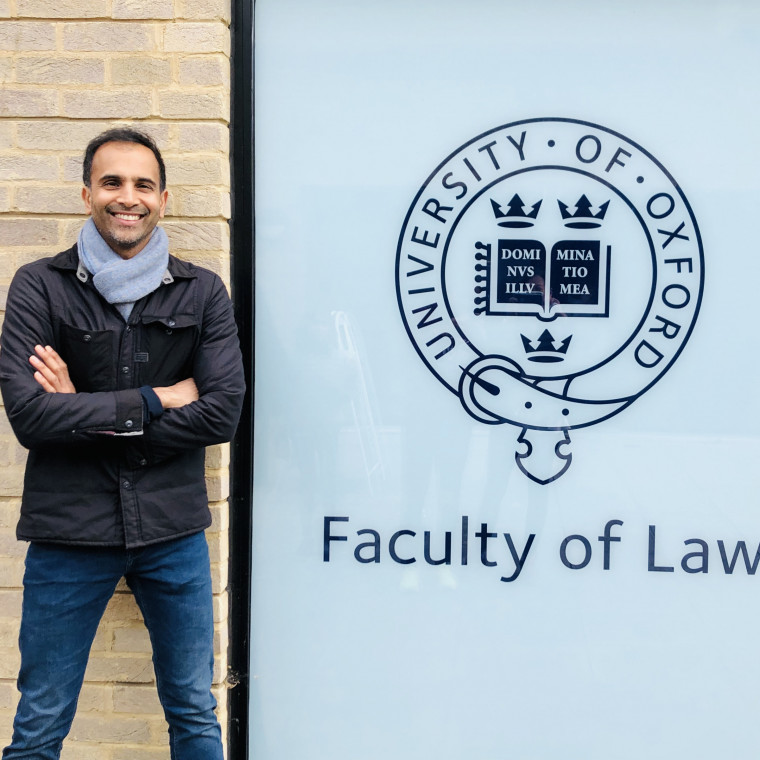Professor Samir Parikh Invited to Present at Oxford University
Open gallery

Professor Samir Parikh has been invited back to Oxford University on November 6, 2019, to present his new paper, The Golden Age of Bankruptcy Tourism, to business law faculty and PhD students as part of the Oxford Business Law Workshop Series.
The Oxford Business Law Workshop Series brings to Oxford scholars from around the world to engage faculty in substantive discussions of complex legal issues. Parikh is one of only eleven scholars outside of Oxford invited to participate in the series. “I am excited and honored to sit in a room with some of the preeminent experts in my field and hear their comments to my analysis and proposals,” Parikh said about his upcoming visit.
Parikh is Editor-in-Chief of Bloomberg Law Bankruptcy Treatise and teaches classes at Lewis & Clark Law School involving financial restructuring, business associations, and white-collar crime. In 2019, Parikh was a visiting professor of law and Fulbright Schuman Scholar at Oxford University. As part of the Fulbright grant, Parikh also visited Madrid, Spain and Bologna, Italy.
Parikh’s research at Oxford focused on the European Union’s new corporate restructuring regulation and directive, and the unintended consequences recent changes have created. The research led to his paper focusing on bankruptcy tourism, which is described by US scholars as “forum shopping.”
According to Parikh, bankruptcy tourism is aggressively criticized by scholars and practitioners, but the practice has been a prominent fixture of the US bankruptcy system for the last 30 years. Further, the US bankruptcy system is regarded as the gold standard throughout the world. “My paper argues that controlled bankruptcy tourism may be a necessary component of an efficient and effective restructuring system, and the European Union’s efforts to restrict the practice could undermine its corporate restructuring objectives,” stated Parikh.
Law Communications is located in room 304 of Legal Research Center (LRC) on the law Campus.
MSC: 51
email jasbury@lclark.edu
voice 503-768-6605
Cell: 626-676-7923
Assistant Dean,
Communications and External Relations, Law School
Judy Asbury
Law Communications
Lewis & Clark Law School
10101 S. Terwilliger Boulevard MSC 51
Portland OR 97219

